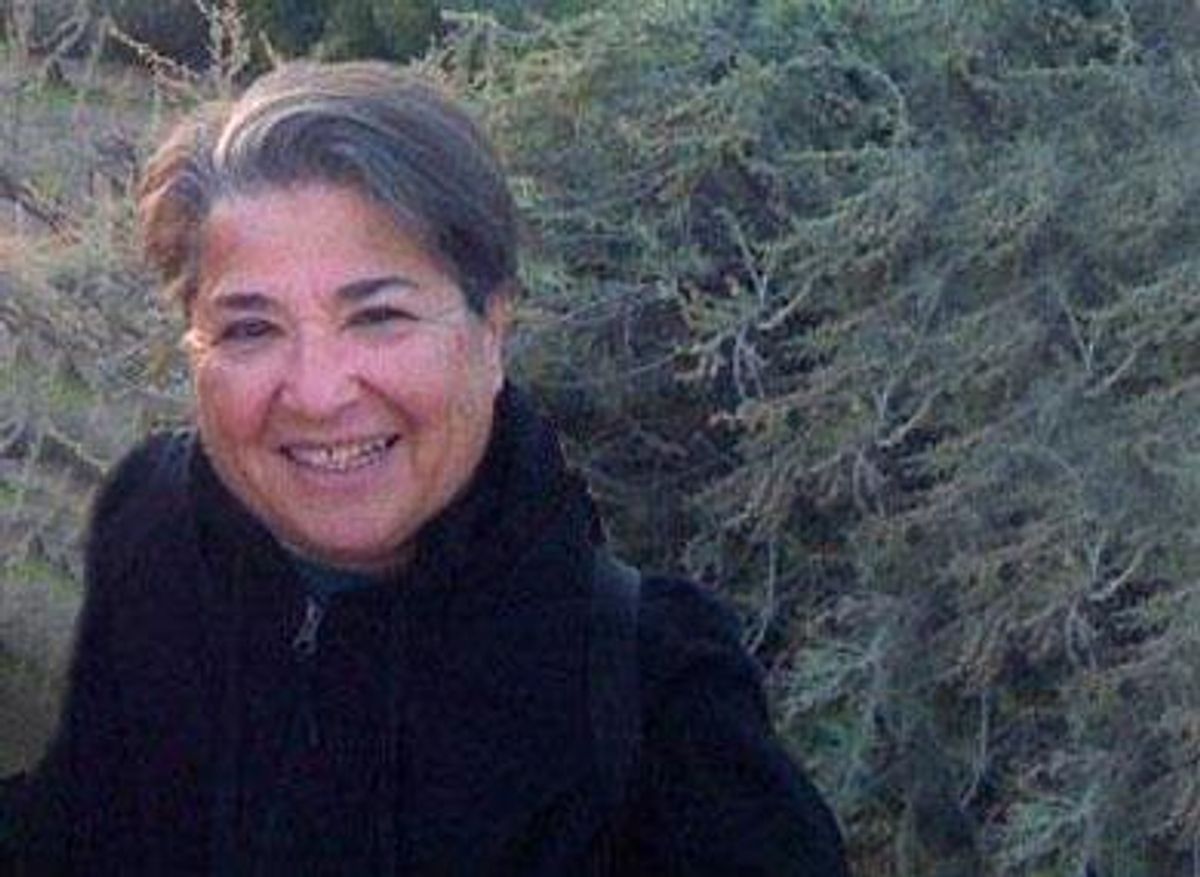World
LGBT, 50+, Unemployed Activist
LGBT, 50+, Unemployed Activist

By continuing to use our site, you agree to our Private Policy and Terms of Use.
LGBT, 50+, Unemployed Activist

Browse your LGBT Facebook friends and too frequently you'll find: "Looking for work, retooling, can organize large numbers of people, good communicator, experienced fund-raiser, advocate for progressive goals."
Each day we see members of our community who have spent their lives working for and within the LGBT movement losing jobs and simultaneously facing the challenges of unemployment and aging in an inhospitable environment. There are no pension plans for LGBT activists 50 and older. Nor is there a safety net within the movement. Of course this is true throughout our culture, but I wonder where our community's unsung heroes who have spent the better part of their working lives in the LGBT movement can find reasonable employment for another 10-15 years. It is an increasing predicament our movement will have to give serious thought to.
When LGBT organizations "let go" employees who are 50+, are they taking into account the realities these members of our communities must face? Where does someone whose resume reads LGBT for the past 20 years find gainful employment? Health insurance? Many face 10-15 years before they can receive Social Security payments -- which are certainly not enough to live on, in any case. Getting older generally contributes to making people poor. Take into account the multiple identities we carry as lesbians, gay men, bisexuals, and transgender people ... as women, people of color, immigrants, and parents. Queer any one of these identities and the impact intensifies. You may be without resources faster than you can imagine.
And I wonder too why a movement that has made so much progress in just a few decades as a result of the work of these activists, a movement that still has far to go to achieve its goals, believes it can afford to discard some of its most valuable resources.
Let's face this conundrum head on. We have been a mass movement since around 1969 -- a little over 40 years. This is a new challenge for us. Onetime 20-year-old LGBT firebrands, who've dedicated their lives to the struggle for sexual liberation and full equality, are now our community elders. We are face-to-face with our first major batch of advocates 55 and over, though by no means our last.
Of course we want and need to build young leadership and want to support the rise of successive generations of LGBT advocates. And we do not discount for a moment the energy, momentum, and extraordinary contributions of our young LGBT activists. However, we must also consider the consequences to both the individual and the movement when we prematurely or thoughtlessly put many of our strongest advocates "out to pasture." The way the movement is currently structured forces younger LGBT advocates and older LGBT advocates into the classic untenable position of competition and opposition to each other.